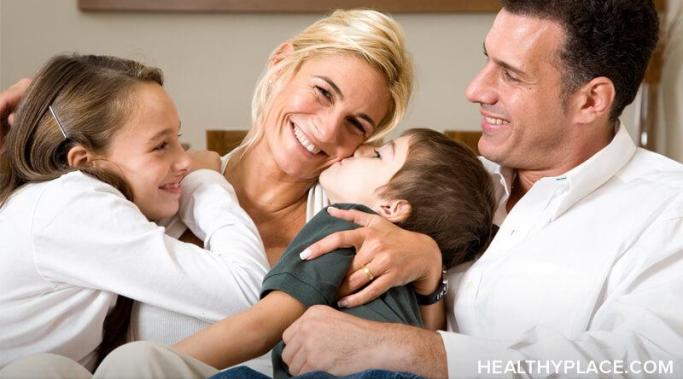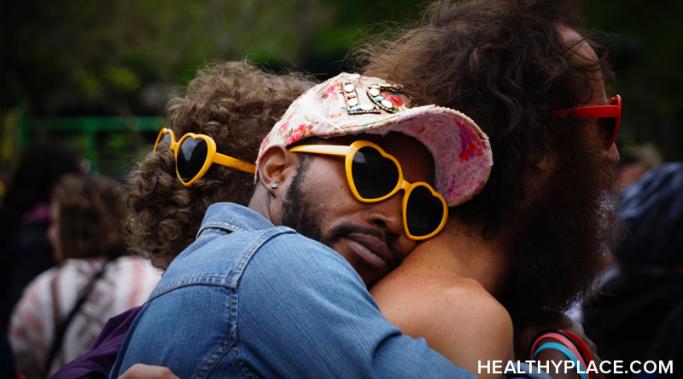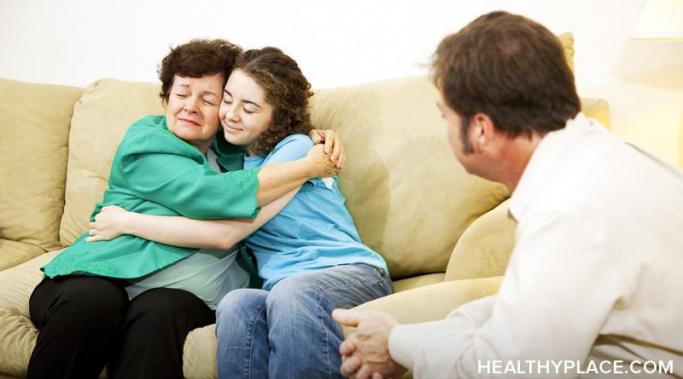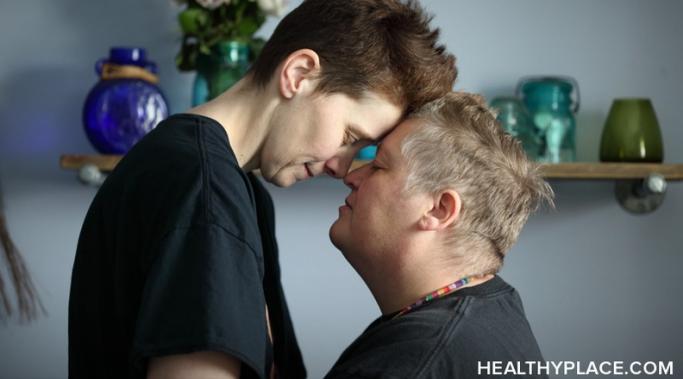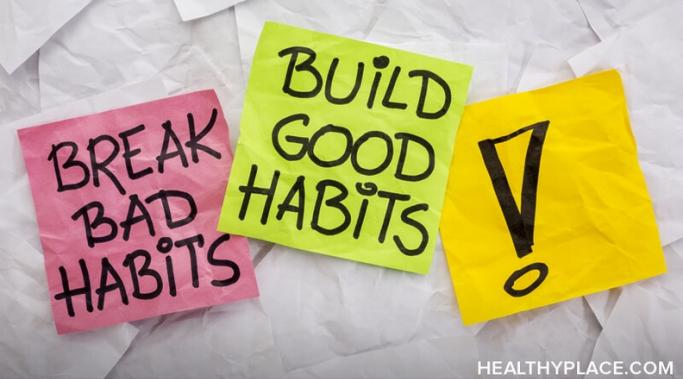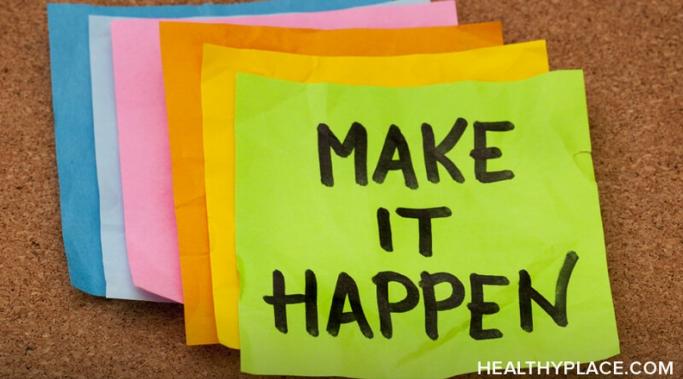It is common got people with mental illness in their family to help care for and provide support for mentally ill family members. The same is true for me, but I had to learn how to take care of my family from far away when I decided to move to a new state. Keep reading to find out how I do it.
Mental Illness and Caregivers
Like many, I tuned into the Meghan and Harry interview last week, and I was particularly interested in Meghan's account of her mental illness being ignored by the royal family. Regardless of your thoughts on this particular couple, this is, sadly, a common issue in many families. Mental illness is ignored in families regularly, perhaps because we simply don't know how else to cope with it. I think we need to do better.
I am experiencing heightened anxiety at the moment, as I am waiting for important medical results. I usually avoid sharing my anxiety with my family, but this time I decided to be more open. Telling my brother, who has chronic mental health issues, about what I am going through was surprisingly helpful.
My parents filed for a divorce when I was 10 years old. This experience uprooted the development of my childhood and aided in the decline of my mental health. Although the divorce caused me a lot of pain, I learned how to face it and move past it.
Pets are important and beneficial in general, but they can play a special role in the lives of those with mental illness. I never owned any pets as a child, but I adopted a dog as an adult, and my brother has become an honorary pet parent as a result. I am amazed to watch how his relationship with my dog helps him cope with chronic anxiety and depression. Here is a short reflection on the benefits of pets for family members with mental illness.
Approaching others about their mental health can be an awkward situation, but sometimes it's necessary. A big regret I have about my brother's journey with chronic mental illness is that I didn't raise my concerns about his symptoms sooner. If you're unsure whether or not to have that difficult conversation with a friend or family member, here are some insights I've picked up over the last few years.
The partnership between families and mental health professionals is often a key component of adequately supporting a loved one with mental illness. I see this every day in my working life as an occupational therapist -- when there's no buy-in from the family, chances of an intervention being successful are dramatically reduced. When my brother developed chronic anxiety and depression seven years ago, I had to practice what I preach and actively foster a good relationship with his medical team. Here are some points about that experience that I wanted to share.
In January, wellness culture tends to be more prominent than ever -- it seems as if the whole world becomes intent on creating a healthier, more productive version of themselves. For those with mental illness, this narrative can be damaging. My brother, who has chronic anxiety and depression, has often spoken about how wellness culture can leave him feeling frustrated and inadequate.
It's always important to be mindful of mentally ill loved ones, but it's especially important around the holidays when routines change, and symptoms can intensify as a result. I've noticed in the past that my brother (who has chronic mental health issues) can particularly struggle at Christmas time. This year, I'm hosting a family Christmas day gathering for the first time -- here are some of the steps I'm taking to make my brother's mental health a priority during the celebrations.
I've spent some time this week, reflecting on various lessons I've learned from my brother since he became mentally unwell with anxiety and depression. So often in our relationship, I've taken on the role of "teacher" -- as is natural for a bossy older sibling. However, over the last seven years, I have gained a lot from observing how my brother lives with mental illness. I'd like to unpack that a little bit today.
